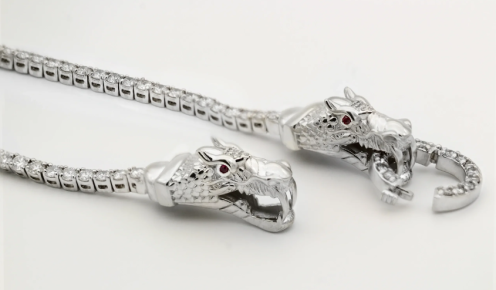Understanding Tooth Sensitivity: Causes and Treatment Options
Introduction
Tooth sensitivity is a common dental problem that affects many people. It is characterized by a sharp, sudden pain or discomfort when you eat or drink something cold, hot, sweet, or acidic. In this article, we’ll explore the causes of tooth sensitivity and the treatment options available to alleviate the pain and discomfort jaw exercise tool.
Causes of Tooth Sensitivity
Tooth sensitivity can be caused by a variety of factors, including:
Enamel Erosion
Enamel erosion is the loss of the protective outer layer of the tooth. This can be caused by acid erosion from foods and drinks, brushing too hard, or grinding your teeth.
Gum Recession
Gum recession is the gradual loss of gum tissue, which can expose the sensitive roots of the teeth.
Cavities
Cavities can cause tooth sensitivity when they reach the inner layers of the teeth.
Cracked or Chipped Teeth
Cracked or chipped teeth can expose the sensitive inner layers of the teeth, leading to sensitivity.
5. Teeth Grinding
Teeth grinding can wear down the enamel of the teeth, leading to sensitivity.
Treatment Options for Tooth Sensitivity
There are several treatment options available to alleviate tooth sensitivity, including:
1. Desensitizing Toothpaste
Desensitizing toothpaste can help to block the pain signals from sensitive teeth. Use the toothpaste regularly for several weeks to see the best results.
2. Fluoride Treatment
Fluoride treatment can help to strengthen the enamel of the teeth, reducing sensitivity.
3. Dental Bonding
Dental bonding can be used to cover the exposed roots of the teeth, reducing sensitivity.
4. Gum Grafting
Gum grafting can be used to replace lost gum tissue and cover the exposed roots of the teeth, reducing sensitivity.
5. Root Canal
In severe cases of tooth sensitivity, a root canal may be necessary to remove the damaged or infected tissue inside the tooth.
Prevention of Tooth Sensitivity
To prevent tooth sensitivity, follow these tips:
- Brush your teeth twice a day with a fluoride toothpaste.
- Floss daily to remove plaque and food particles from between your teeth.
- Use a soft-bristled toothbrush and brush gently to avoid damaging the enamel.
- Avoid acidic and sugary foods and drinks.
- Wear a mouthguard at night if you grind your teeth.
Conclusion
Tooth sensitivity can be a painful and uncomfortable dental problem. It can be caused by a variety of factors, including enamel erosion, gum recession, cavities, cracked or chipped teeth, and teeth grinding. Treatment options include desensitizing toothpaste, fluoride treatment, dental bonding, gum grafting, and root canal. To prevent tooth sensitivity, practice good oral hygiene, use a soft-bristled toothbrush, avoid acidic and sugary foods and drinks, and wear a mouthguard at night if you grind your teeth.















